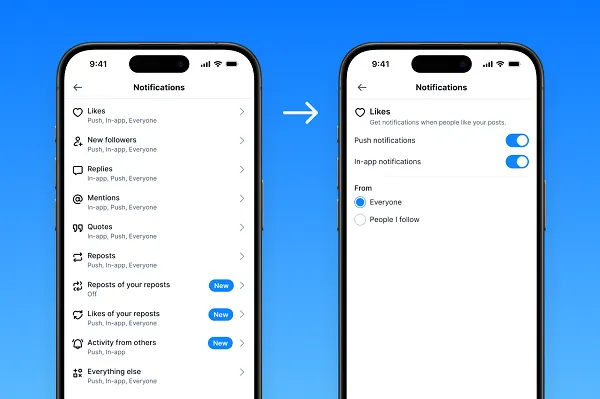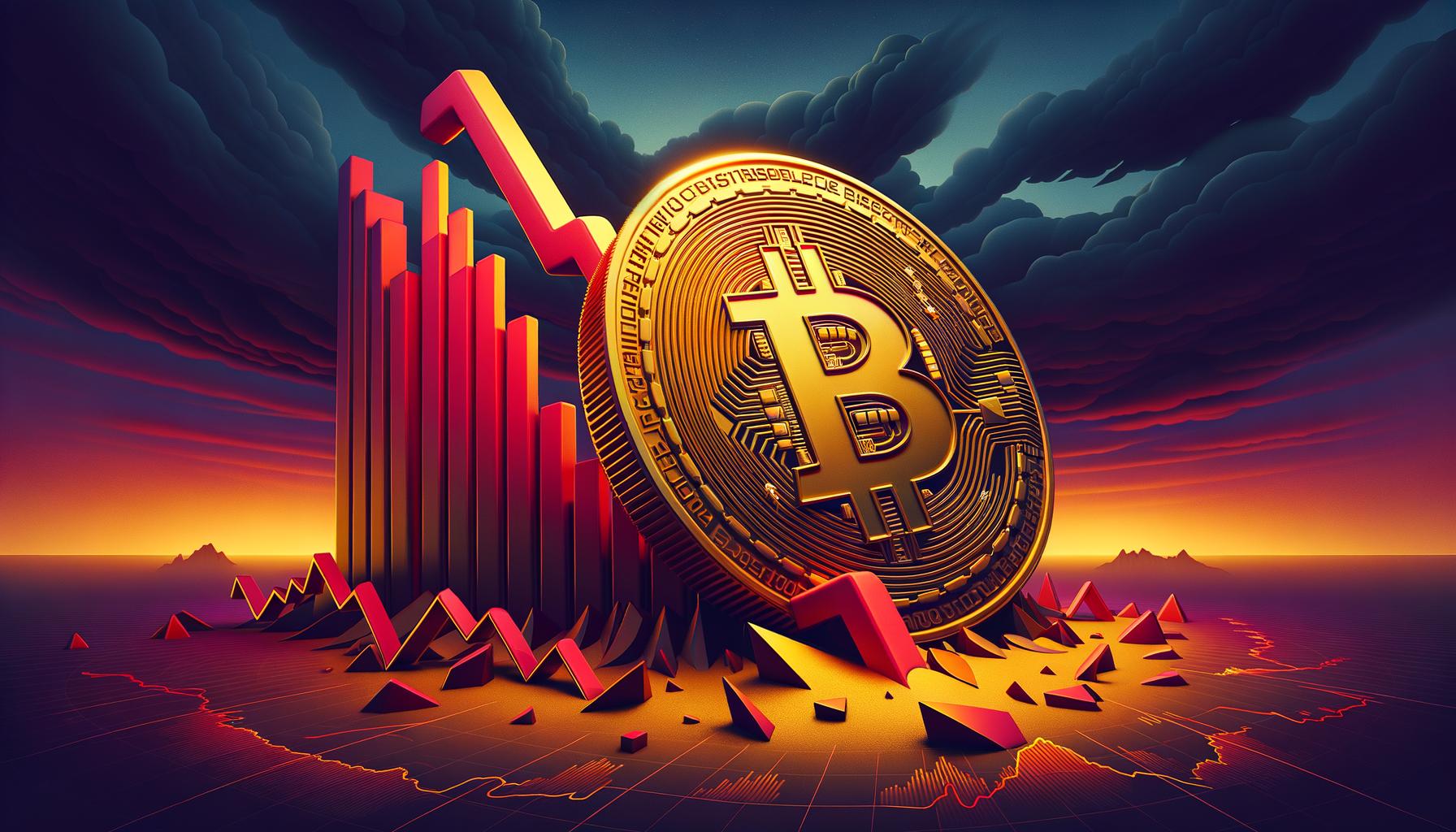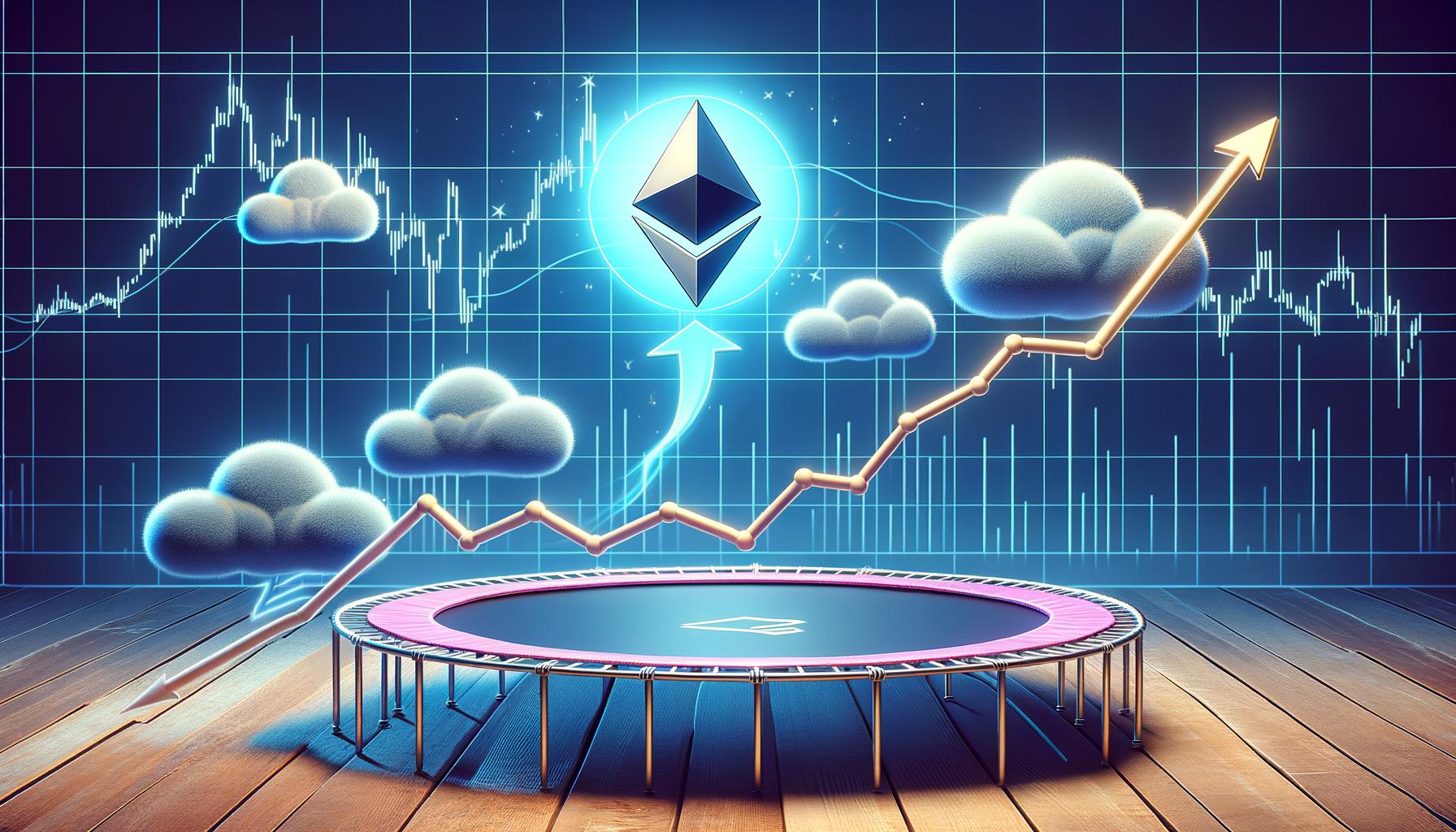Jack Dorsey Exits Bluesky, Marking the End of an Era
The Twitter founder is exiting the social media game.

I’m not sure this is surprising, but it does seem like a fitting end to the first era of social media, to some degree.
Over the weekend, former Twitter CEO Jack Dorsey confirmed that he is no longer on the board for decentralized social media project Bluesky, which means that Dorsey is now effectively out of the social media game, at least in an operative sense. Dorsey does still own shares in Twitter (now X), so he does still have a vested interest. But in terms of playing a role in the next stage, Dorsey is seemingly now gone, and will instead be focused on his other projects.
Like Block, formerly Square, which has a great POS business, along with increasingly risky crypto bets.
Dorsey remains dedicated to Bitcoin and its potential as a democratizing force, particularly in Africa, where the availability of banking facilities is limited. But it doesn’t seemingly offer the solution that Dorsey expects in this regard, and shifting Block to put more focus on crypto seems increasingly speculative.
But maybe, with more time to focus on the company, Dorsey can get it into line, and improve its fortunes moving forward.
Though probably not.
Various former Block and Twitter employees have described Dorsey as fairly detached, while his management decisions at both companies don’t reflect strong leadership or foresight.
In fact, over time, it increasingly seems like Dorsey was likely the weak link in the original Twitter founding crew, prone to idealistic sojourns and vanity pursuits, riding the mystique of being a Silicon Valley “genius” into high-paying positions, despite limited success.
Which is why this feels like the end of an era, of sorts, in that Dorsey was among the original social media founders, the original crew of new era whiz kids, wearing hoodies and sneakers into boardroom meetings, and providing a new vision of what the future may be.
But most have since changed tack.
Mark Zuckerberg has revamped his persona multiple times, and has now taken on a more mature yet approachable role; Evan Spiegel, once the poster child for the next generation of tech industry rebellion, now has four kids, and is nowhere near as publicly accessible as he once was. The team from Reddit have spent years revamping the platform’s brand to attract more ad dollars, Pinterest is helmed by a former Google commerce chief, and TikTok’s CEO is a businessman from Singapore.
Social media has become a more grown-up, legit business, with serious social and economic responsibilities, and as such, the CEO role has, by necessity, had to follow-suit. And none of that was ever going to be Jack Dorsey’s style.
In essence, Jack’s meandering, nose-ring sporting, hipster punk aesthetic betrayed the fact that he’s not especially good at leading anything. And rather than grow up with the rest of them, Dorsey has since entrenched himself deeper into conspiracies and subcultural trends, in an effort, seemingly, to remain cool and grounded, despite being a capitalist billionaire.
Social media has seemingly outgrown counter-culture cosplayers like Jack, who’ll now dwell on the fringes, throwing out random thoughts to his remaining disciples who still view him as a visionary.
But the bulk of evidence would suggest that he’s not. And that you probably shouldn’t be looking to him for future insight.
And now, he’s taking a back seat, though he has continued to put his support behind Elon Musk, whom he once proclaimed as “the single solution” to save Twitter. Musk has also repeatedly criticized former Twitter management, without naming Dorsey himself, though he’s effectively trashed many of Dorsey’s decisions and actions at the app.
But Jack’s behind him anyway. Probably because of vibes, I don’t know.
Regardless, the exit of Jack Dorsey does seem significant, not only for the future of Bluesky, which will struggle without his financial support. But also, for an era of what social media once was.
The biggest lesson we can probably take from Jack Dorsey is that idealism and capitalism don’t mix. Eventually, you’ll need to choose one or the other, which is a crossroads that Dorsey has sat at for far too long.

 Astrong
Astrong 







_1.jpg)























